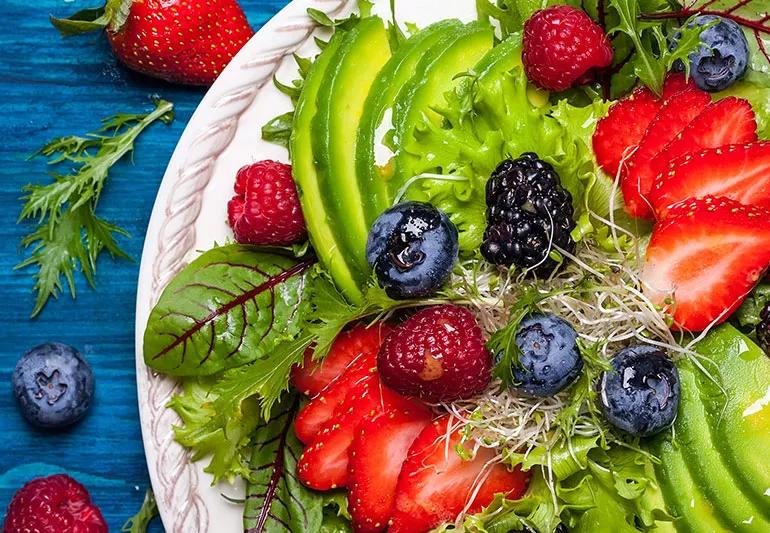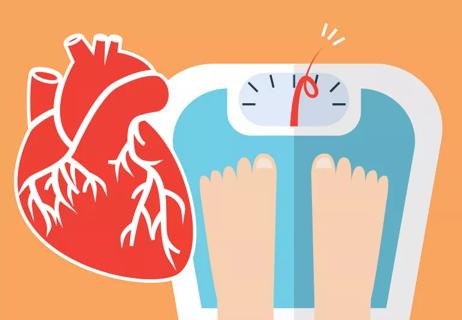Study: Adding fiber has big benefits

Pears. Oatmeal. Popcorn. Artichokes. Most of us have probably heard at one time or another that we should eat more fiber. But now a recent study shows that adding fiber to your daily diet can benefit your health in a big way.
Advertisement
Cleveland Clinic is a non-profit academic medical center. Advertising on our site helps support our mission. We do not endorse non-Cleveland Clinic products or services. Policy
The study looked at data on 4,635 adults from 185 prospective studies.
Researchers found that people who ate between 25 and 29 grams of fiber per day saw a 15 to 30% decrease in their risk of developing heart disease, diabetes and colon cancer.
“Americans are getting, on average, about 12 and a half grams of fiber each day, which isn’t enough,” says wellness expert Michael Roizen, MD, who did not take part in the study. “This study showed a sizeable reduction in health risks from getting at least 25 grams (or double the average intake) of fiber.”
The study also showed people who ate higher amounts of fiber ― found in foods such as fruits, vegetables and whole grains ― also had lower blood pressure, lower cholesterol and lower body weight.
One easy way to add more fiber to your diet? Use your refrigerator, Dr. Roizen says.
Previous research shows carbohydrates, like pasta or sweet potatoes, can become more fiber-like by putting them in the refrigerator overnight. When cooled, these carbs become resistant starch, and in turn, create a smaller spike in blood sugar when eaten the next day.
Eating naturally fiber-rich snacks like raspberries, strawberries, avocados and walnuts is a good way to get more fiber in your diet.
Advertisement
And whenever there is an opportunity to swap enriched white bread for 100% whole-grain bread, Dr. Roizen says: “Go for it!”
“Replace low-fiber foods with high-fiber foods, and you can painlessly improve your health ― who knew it was so easy?” he says
Complete results of the study can be found in The Lancet.
Advertisement
Learn more about our editorial process.
Advertisement

Type 2 diabetes isn’t inevitable with these dietary changes

Early studies have linked the two, but more research is needed

The yellow-colored spice does more than add flavor to your meals

Your food choices can have a profound impact on how long you’ll live

Adults at low risk for heart disease may not need them

The short answer from a cardiologist

Should you measure BMI, waist circumference or something else?

Study finds heart-healthy habits can’t be measured by the scale alone

Type 2 diabetes isn’t inevitable with these dietary changes

Applying a hot or cold compress can help with pain